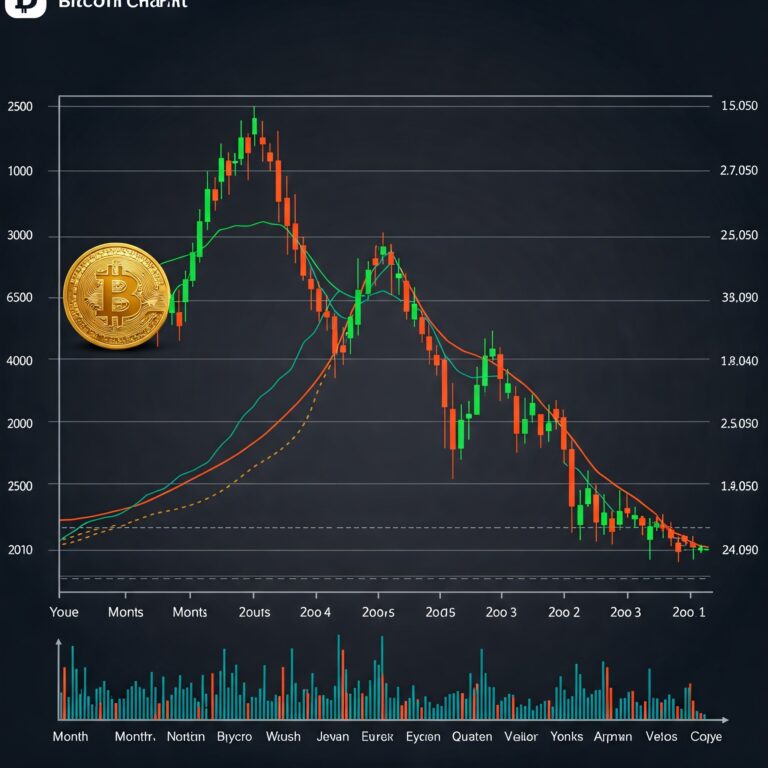
IRS Reaffirms Crypto Staking as Taxable, Amid Legal Challenge
The U.S. Internal Revenue Service (IRS) has firmly reiterated that crypto staking rewards are subject to taxation, stating that the tax obligation begins as soon as these rewards are received, according to Bloomberg.
This declaration is set against the backdrop of a legal dispute with Tennessee couple Joshua and Jessica Jarrett, who have been staking on the Tezos network. The Jarretts argue that the tokens earned through staking should only trigger tax liabilities when they are sold, not upon receipt.
In a December 20 court filing, the IRS dismissed the Jarretts’ argument that staking produces “new property” akin to crops or manufactured goods, which should only be taxed upon sale. Instead, the IRS insists that “staking a cryptocurrency should induce a tax liability as soon as it is done,” clearly rejecting the notion that staking tokens should be treated like physical goods or intellectual property.
This ongoing lawsuit is under scrutiny by the crypto community, as its outcome might establish a legal precedent for the taxation of staking rewards on all proof-of-stake blockchains within the U.S.

A Battle Years in the Making
The Jarretts initiated their legal challenge in 2021, seeking a refund of $3,293 in taxes they paid on 8,876 Tezos tokens earned through staking in 2019. They contended that these tokens, being “new property,” should not be taxed until disposed of, drawing parallels to a farmer’s crop or an author’s manuscript.
In response, in 2022, the IRS tried to close the case by offering the Jarretts a $4,000 refund for the taxes on their Tezos rewards. However, the couple rejected this refund, aiming to clarify the law for all stakers. Joshua Jarrett explained, “A year and a half into this process, the government didn’t want to defend the position that the tokens I created through staking were taxable income. […] I need a better answer. So I refused the government’s offer to pay me a refund.”
The IRS’s stance is supported by their 2023 guidelines, which treat staking and mining rewards as taxable income from the moment they are created, based on their market value at that point. This case continues to evolve, with significant implications for the crypto industry’s tax obligations.




